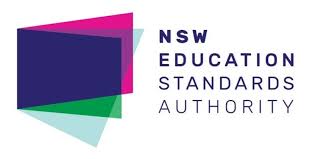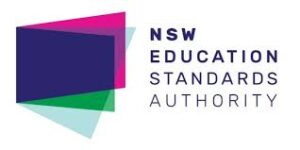Course Overview
Do you want a meaningful career shaping the minds of future generations? The online Master of Teaching (Primary) from Western Sydney Online is a nationally accredited postgraduate degree designed to prepare you to become a knowledgeable and confident primary educator in New South Wales and beyond.
Whether you’re looking to change careers using your existing bachelor’s degree or upskill into a rewarding profession, this program offers a fast-tracked, two-year full-time study option or a flexible part-time pathway. It is also Commonwealth Supported Place (CSP) funded, making it more affordable than many alternatives.
You may also be eligible for CPP (Commonwealth Prac Payments), which can provide financial support during your placements.
Delivered fully online (excluding placements), the course is designed to fit around your life, ideal for those juggling work, family, or simply seeking a fresh start.
In this Master of Teaching (Primary) you will learn to:
● Understand and apply core teaching principles tailored to diverse student needs.
● Design inclusive, engaging classroom experiences across key primary subjects like English, Mathematics, Science & Technology, Creative Arts, and Health & PE.
● Use assessment and research skills to develop effective learning strategies.
● Manage classrooms effectively and create positive learning environments.
● Adapt to evolving educational technologies and digital learning trends.
● Apply your knowledge in real classrooms through two 30-day blocks of supervised professional experience in NSW primary schools.
Please note that we are no longer taking enrolments for this Trimester. However, you can still register your interest for our February enrolments. If you identify as an Aboriginal and Torres Strait Islander, click here to find out more as you could be eligible for a commonwealth supported place
Ready to make a real difference in children’s lives? Download our course brochure to learn more.
Important: This program is only open to students residing in New South Wales.



